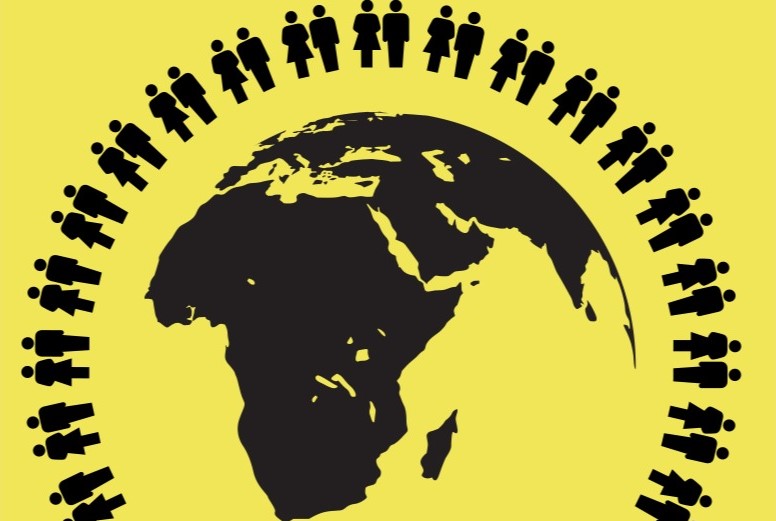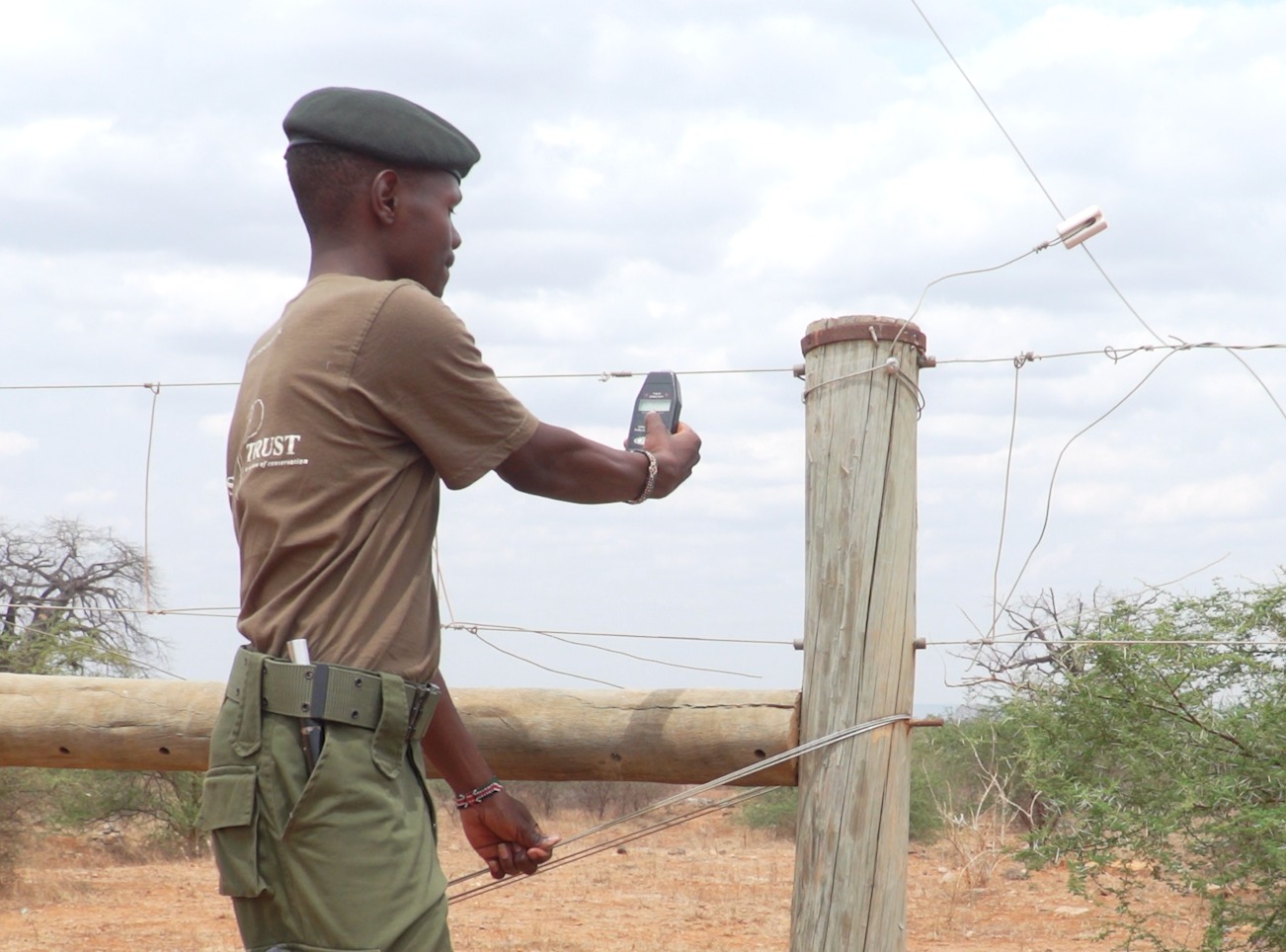
World Population Day 2025 focuses on the barriers to creating families
The global fertility rate has dropped to 2.3 children per woman, per recent United Nations estimates. The UN says social, economic, and health challenges all contribute to the decline. The United Nations Population Fund (UNFPA) emphasizes that these declines are not just personal choices but reflect systemic obstacles, with women and youth often unfairly blamed for demographic shifts.
In Nairobi, Kenya, 31-year-old Fatuma Osman dreams of motherhood but faces tough realities.
“I wanted six children in my 20s, but now I’m single and praying for three,” she says. “Economic roadblocks, rising costs, and a chaotic world make it hard to plan a family.” Like many young people, Fatuma is deterred by financial stress, global conflicts, and climate change fears, as noted in UNFPA’s 2025 State of World Population report.
Africa, home to 1.55 billion people and the world’s youngest population (over 60 percent under 25), faces unique pressures. By 2030, young Africans will comprise 42 percent of global youth, making their opportunities and challenges pivotal to the continent’s future. Yet, economic uncertainty and soaring living costs in cities like Nairobi discourage family planning.
“Living expenses are a game-changer,” Fatuma adds. “Youth are thinking hard about having children at all.”
Winnie Munene, a single mother working with refugees in Kenya, shares a similar sentiment. “Raising one son is tough enough,” she says. “Being a single parent and managing costs makes having more children unthinkable.”
UNFPA highlights additional barriers: online backlash against women’s rights, lower marriage rates, and disadvantages for youth from low-income or migrant backgrounds.
This year’s World Population Day theme, “Empowering young people to create the families they want in a fair and hopeful world,” calls for solutions.
UNFPA urges investment in family-friendly policies—affordable childcare, generous parental leave, and secure jobs with fair pay—to help youth like Fatuma and Winnie achieve economic independence and balance family goals.
These steps are crucial to building an equitable, sustainable world where everyone believes they and their children can thrive.






